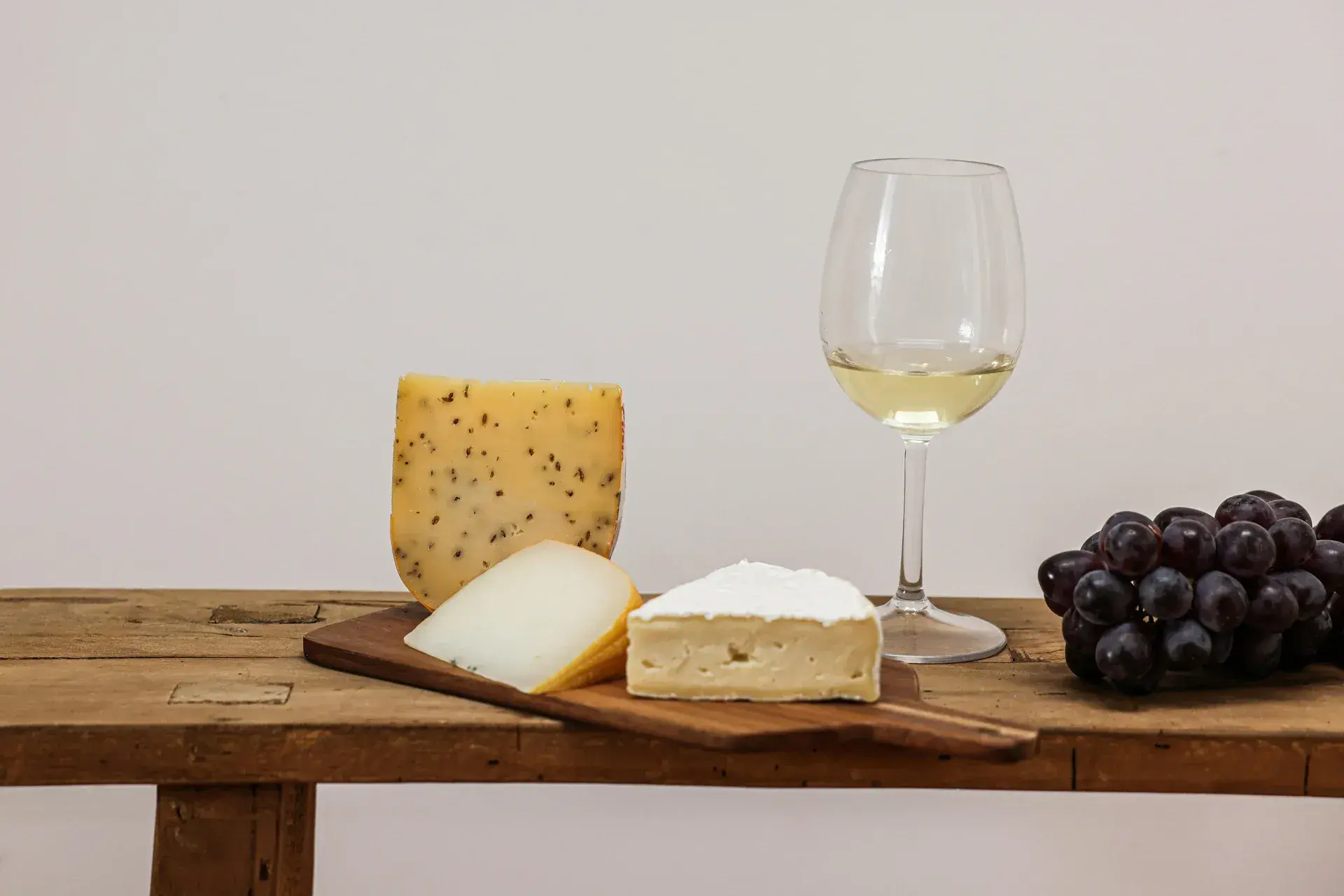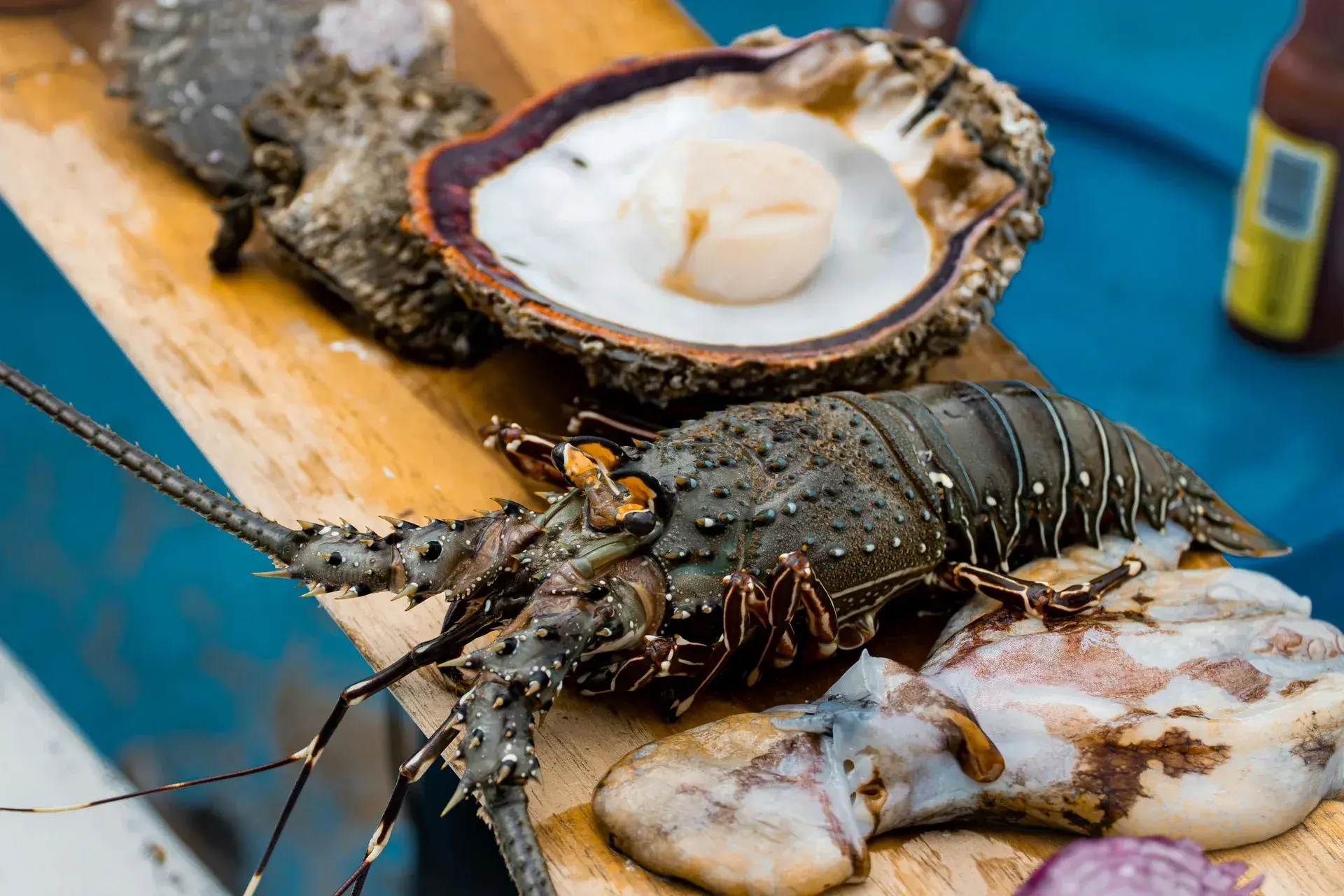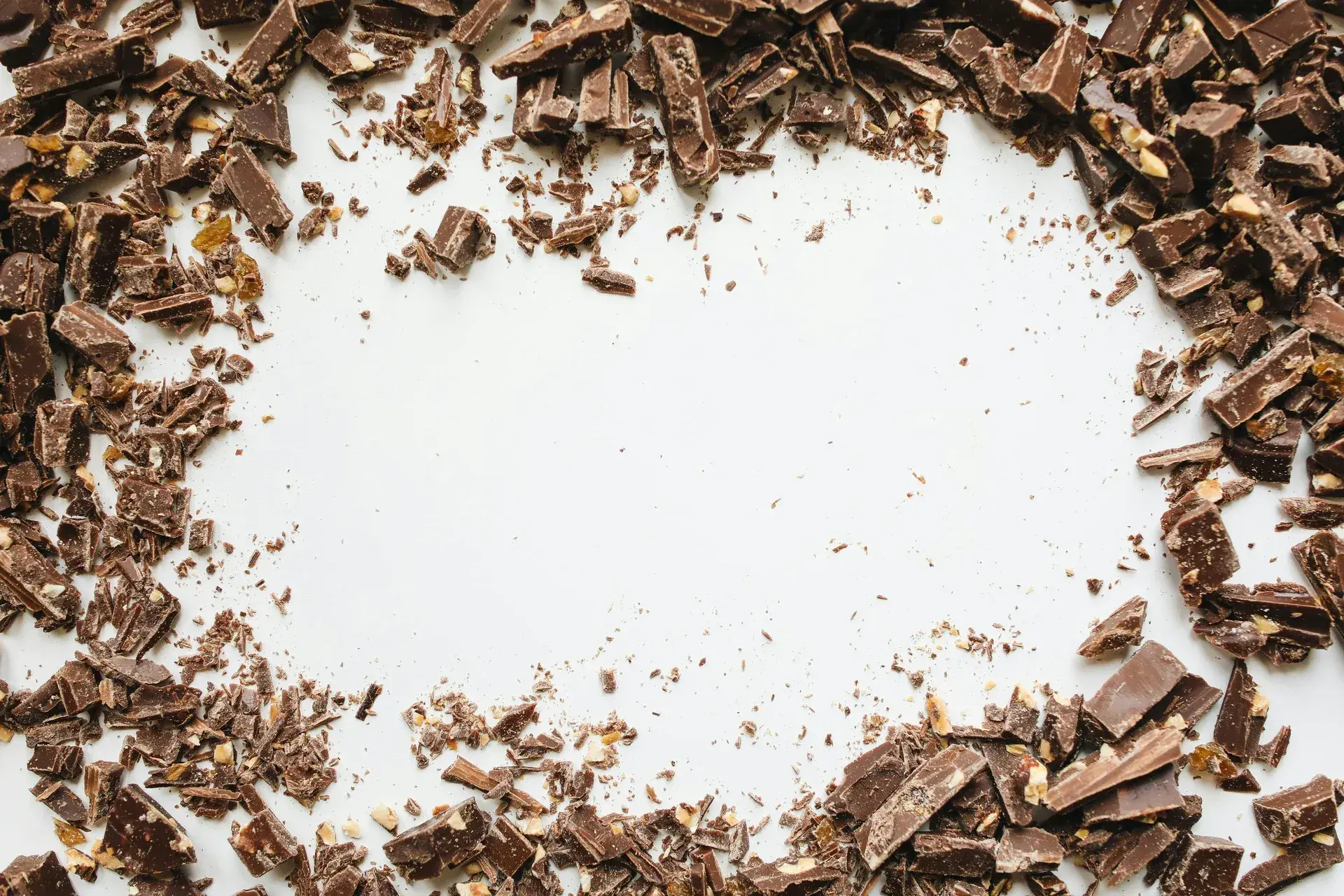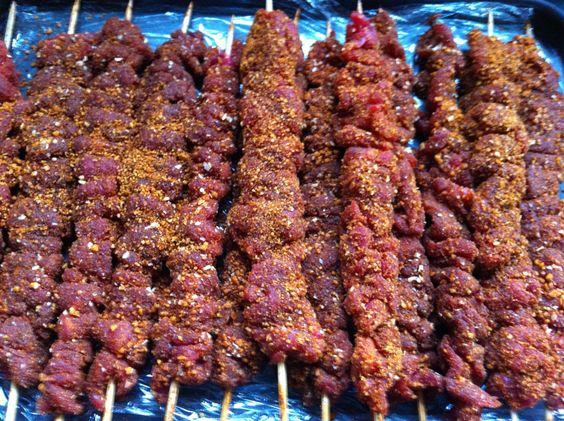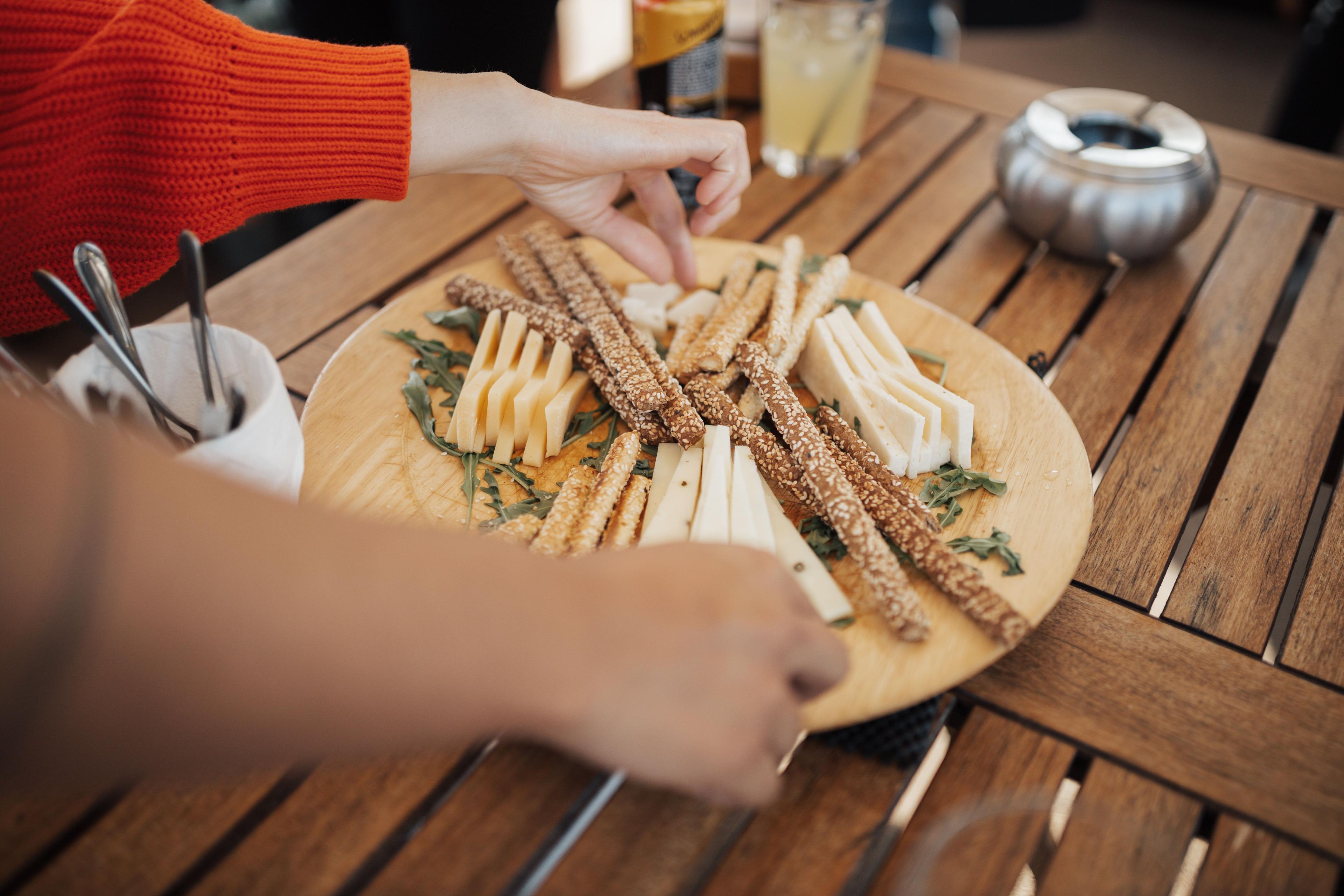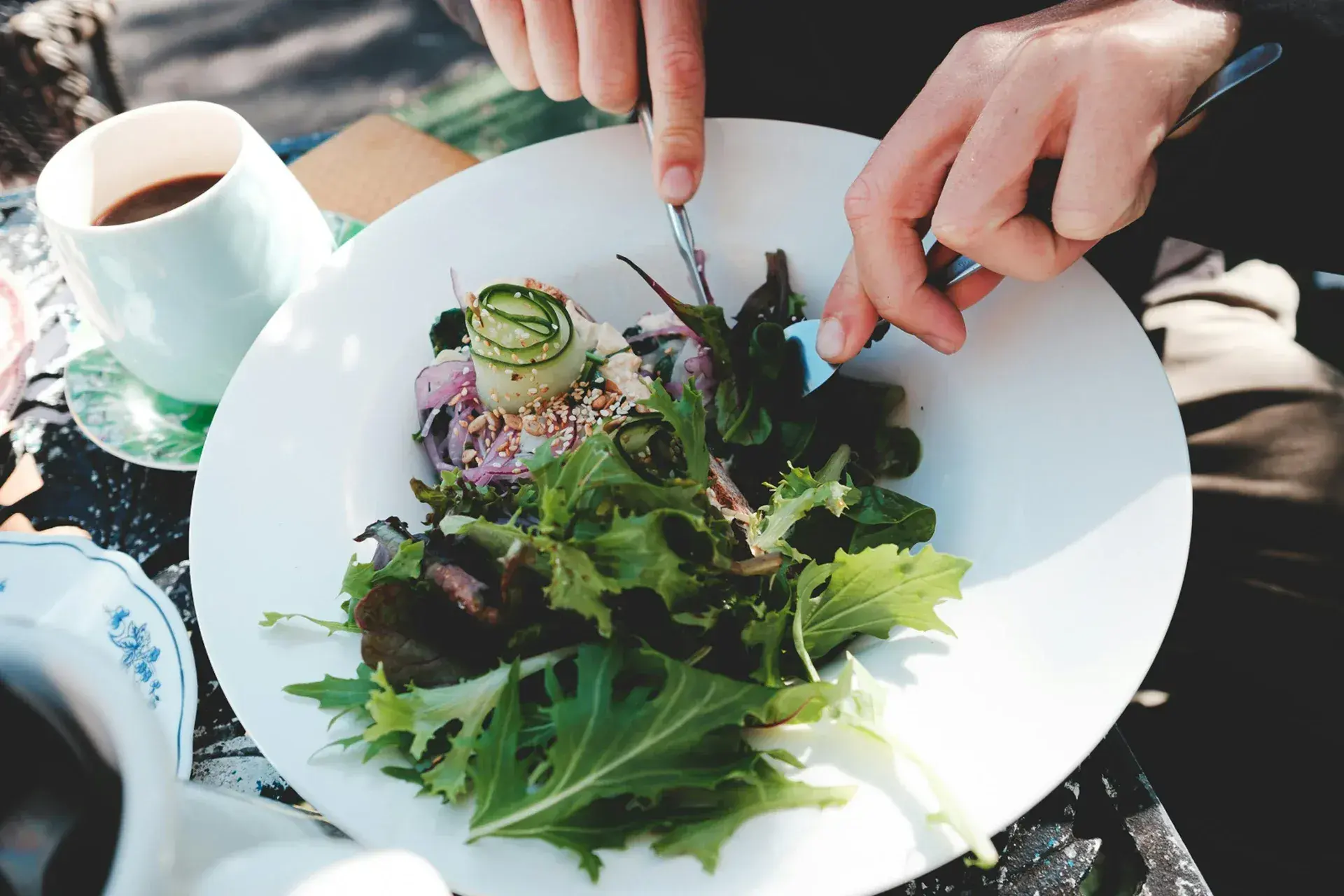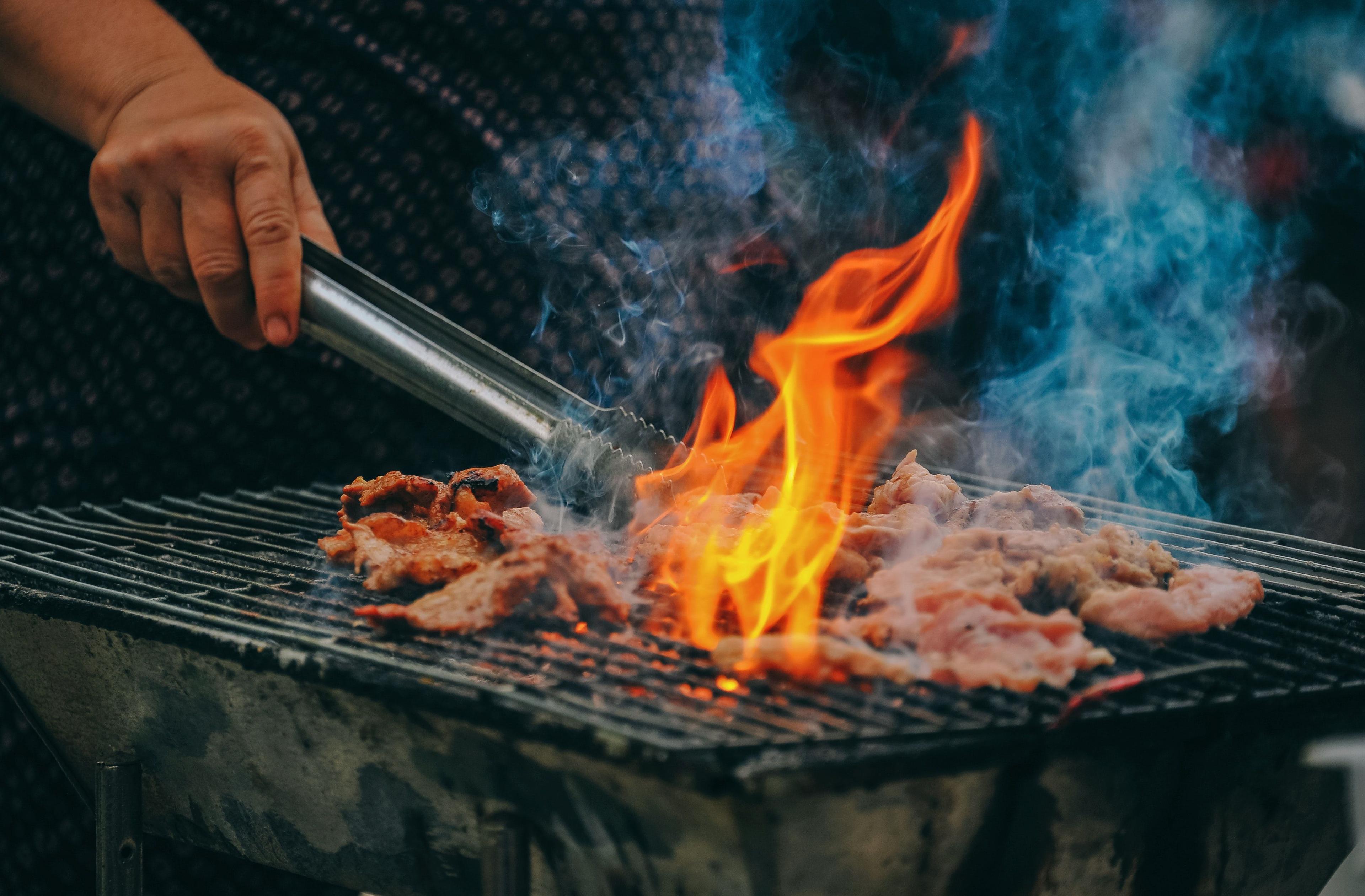5 significant benefits of eating Basil seeds
Basil seeds aren’t just for growing basil plants — you can also eat them. They look similar to sesame seeds but are black. The type that you eat typically comes from sweet basil, Ocimum basilicum, which is the plant commonly used to season foods.
An interesting fact is that Basil seeds have a long history of use in Ayurvedic and Chinese medicine.
According to the Healthline, there are five significant benefits of adding Basil seeds to your nutrition.
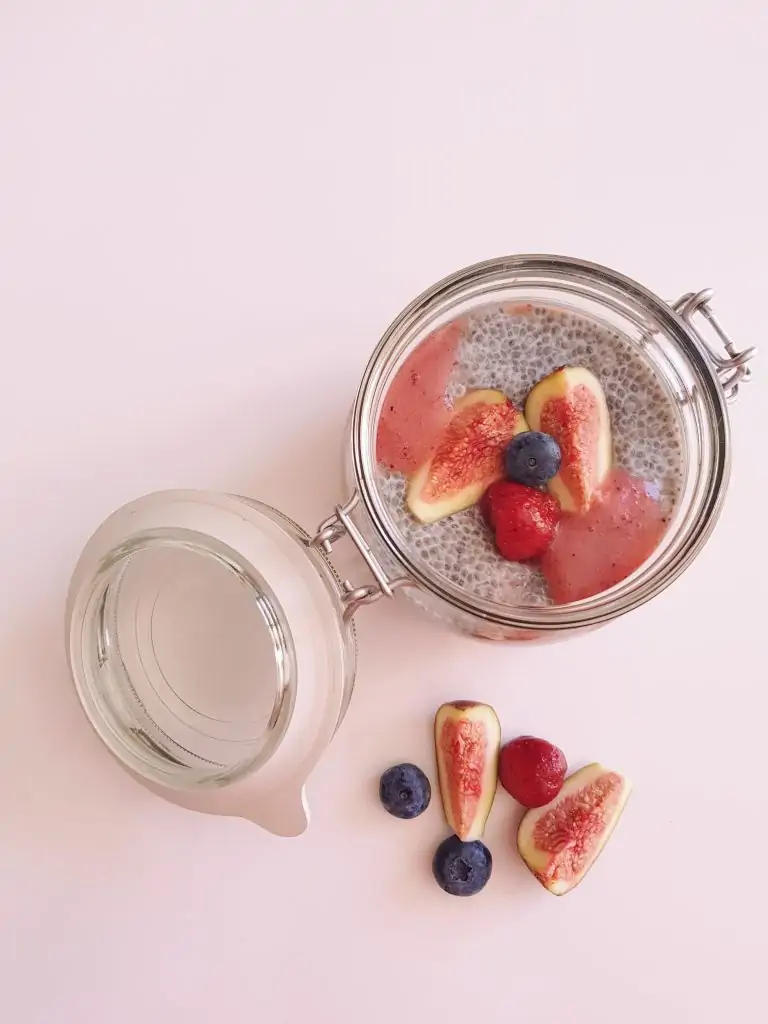
Good Source of Minerals
One tablespoon (13 grams or 0.5 ounces) of basil seeds supplies 15% of the Reference Daily Intake (RDI) for calcium and 10% of the RDI for magnesium and iron.
Calcium and magnesium are essential for your bone health and muscle function, while the iron is vital for red blood cell production.
Many people don’t get enough calcium and magnesium through their diet. Eating basil seeds could help you reach your daily needs of these nutrients.
Additionally, basil seeds could be a vital source of iron and calcium for people who don’t eat meat or dairy products.
High in fibre
Basil seeds are high in fibre, particularly soluble fibre, including pectin. Pectin may delay stomach emptying and increase hormone levels that promote a sense of fullness. Also, pectin may lower blood cholesterol by inhibiting cholesterol absorption in your gut.
Rich in plant compounds
Basil seeds are rich in plant compounds, including flavonoids and other polyphenols.
Flavonoids are antioxidants, meaning they protect your cells from damage by free radicals. These plant compounds also have anti-inflammatory and anticancer properties.
Plant source of Omega-3 fat
Just one tablespoon (13 grams) of basil seeds could supply most or all of your daily need for ALA omega-3 fat.
A great alternative to chia seeds
The most notable nutritional differences are that chia seeds contain more than twice the omega-3 fat but a little less fibre compared to basil seeds.
Chia seeds and basil seeds swell and form a gel when soaked. However, basil seeds swell quicker and to a larger size than chia seeds.
Exploring the vibrant world of culinary delights, Gastronomy.space offers readers a journey into flavors, techniques, and the stories behind every dish.

Both seeds have a pleasant flavour so that they can be used in many of the same recipes like smoothies and baked goods.


